The future prosperity of Scottish military shipbuilding is at risk
There is no longer a commitment that warships will be designed and built in the UK by default
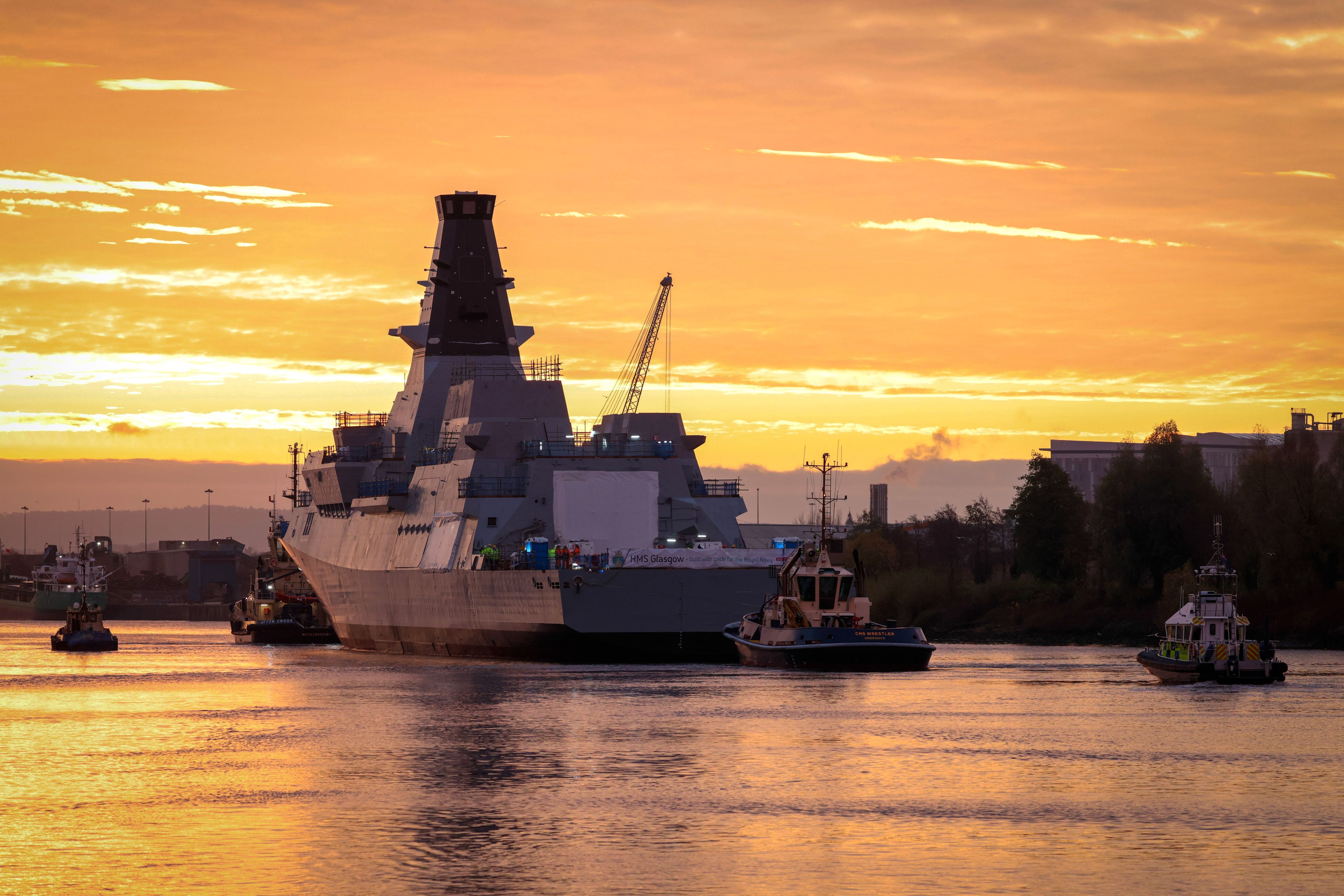
Introduction
Scotland has a long and celebrated history of building military ships for the Royal Navy, and Scottish shipbuilding expertise continues to contribute a significant proportion of the UK’s military capability at sea. The expertise and skills at Scottish shipyards helped secure contracts to build Type 26 anti-submarine warfare frigates and Type 31 frigates.
However, the future prosperity of the military shipbuilding industry in Scotland is at risk. This is according to our new report, Defence in Scotland: military shipbuilding.
"The Government cannot have this both ways: a thriving shipbuilding sector is dependent on the drumbeat of orders. We have the skills and expertise here, in Scotland, to support our future military shipbuilding needs so it is unclear what benefit is to be had by opening up procurement to international competition."
National Shipbuilding Strategy Refresh
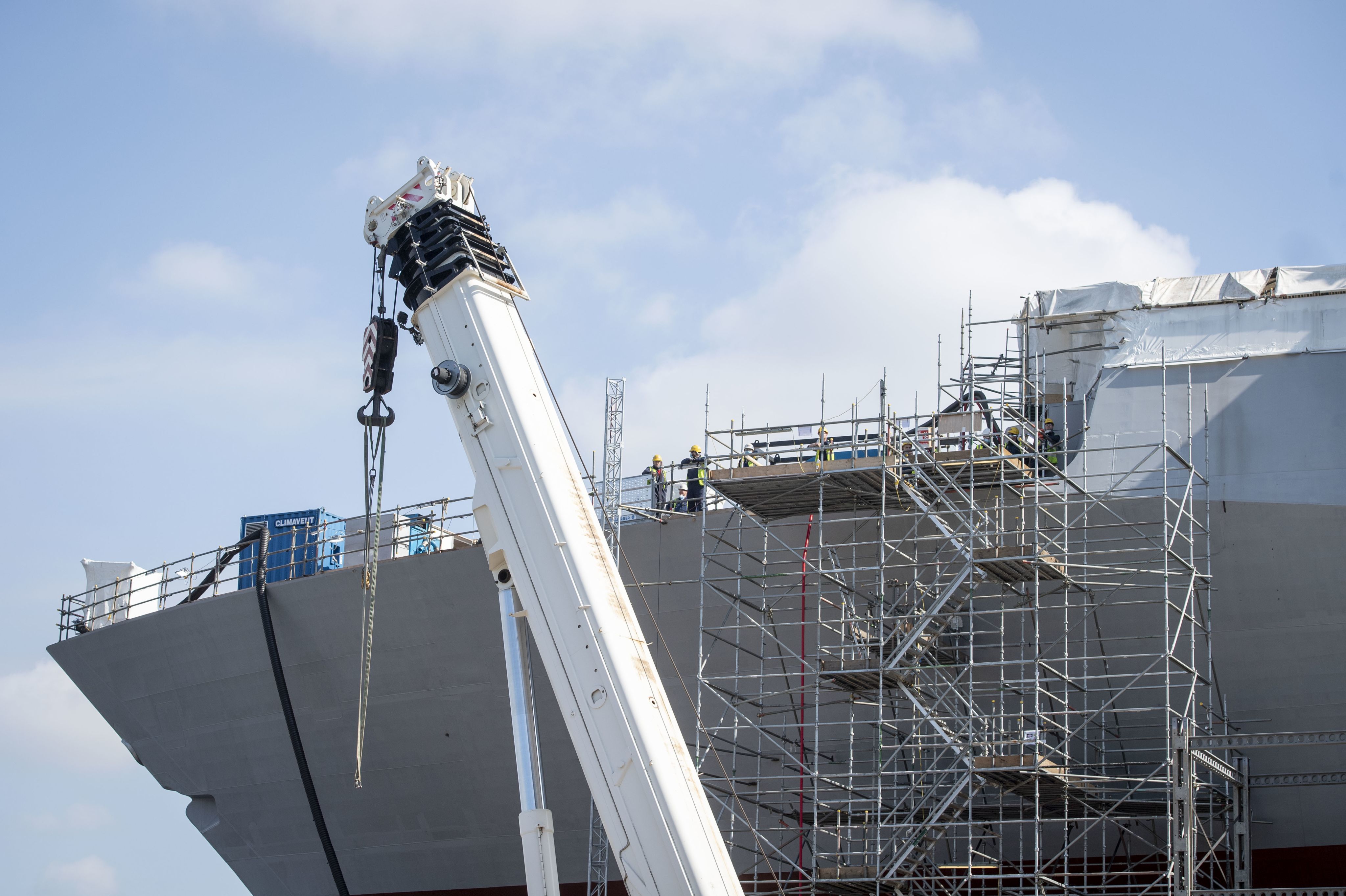
The publication of the UK Government’s National Shipbuilding Strategy Refresh document in March 2022 was in part an attempt to bring new direction and coherence to the UK shipbuilding sector. It offered a forward look at the pipeline of ships the UK will need over the next thirty years, and established a National Shipbuilding Office to drive shipbuilding efforts across Government departments.
However, less than a year on from publication, there have already been changes to the pipeline that call into question the extent to which it can be relied upon to predict future orders.
Simon Lister speaking to the Scottish Affairs Committee
Simon Lister speaking to the Scottish Affairs Committee
Previously the UK Government had a commitment that all warships would be designed and built in the UK. However, recent decisions have seen the Government take steps towards ‘offshoring’ some warship production, such as the decision to name Team Resolute rather than Team UK as the preferred bidder for the Ministry of Defence’s Fleet Solid Support ships contract which means these ships will be partly built outside the UK.
It is claimed that the successful consortium, Team Resolute would offer:
- fewer jobs in the UK
- less investment in infrastructure
- fewer apprenticeships and training at Scottish yards
"Export markets are very fickle. They are very able to be influenced by politics and by price, and they often focus on the sorts of platforms that the UK does not always produce, because we tend to focus more on high-end, higher-cost ships."
The shipbuilding strategy also wants shipyards to rely more on exporting warships to other countries. Scottish yards have successfully exported to Canada, Australia and Poland in recent years, but we heard there were risks involved in being too reliant on exports.
The drumbeat of orders
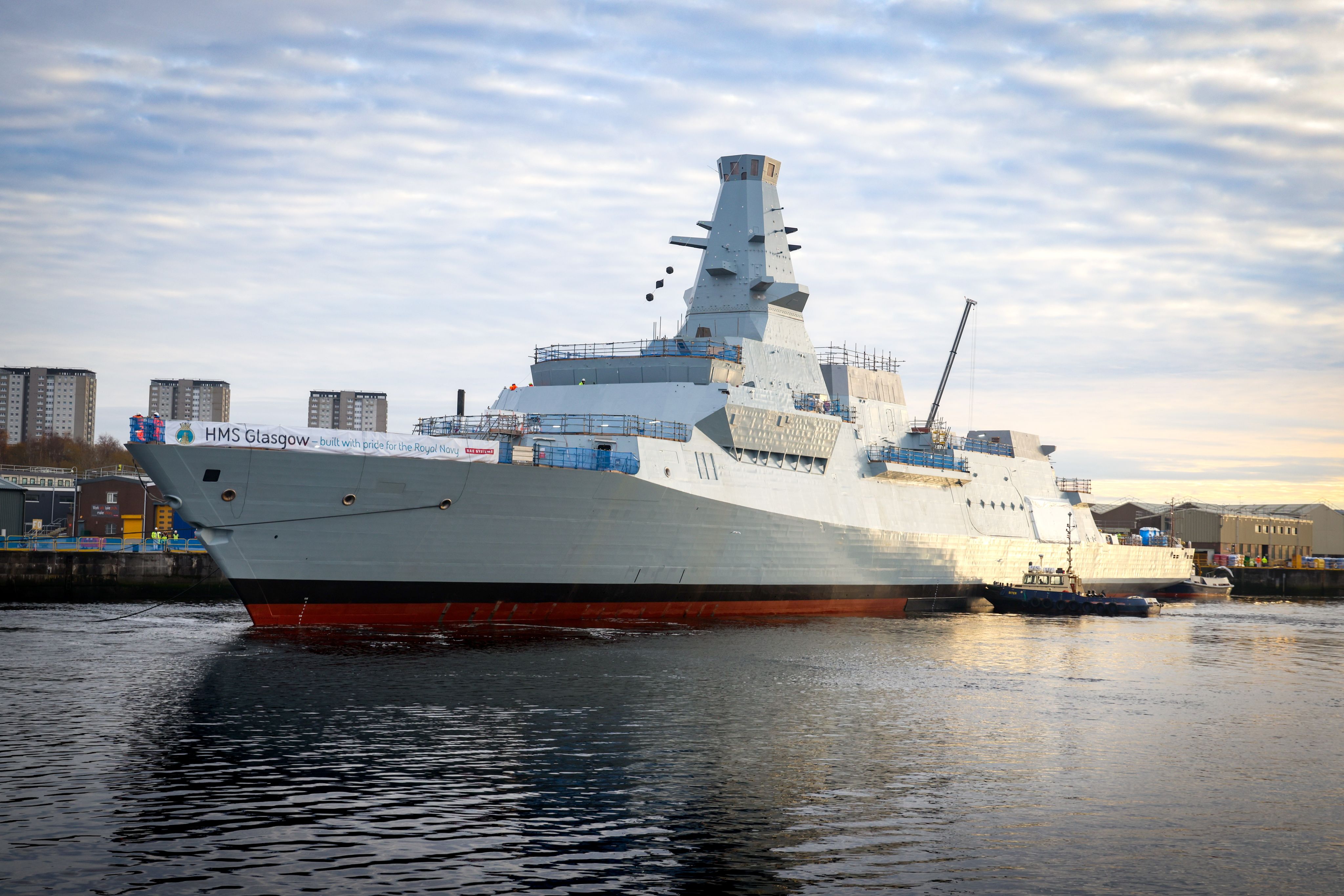
Throughout our inquiry into military shipbuilding in Scotland, we heard that:
- in order to thrive, the sector must have a regular drumbeat of orders
- past patterns of ‘feast and famine’ had undermined investment in the industry.
Investment in the future of Scottish shipbuilding could be at risk if cancellations and offshoring of production lead to gaps in the workstream for naval shipyards.
Ian Waddell, Confederation of Shipbuilding Engineering Unions, speaking to the Scottish Affairs Committee
Ian Waddell, Confederation of Shipbuilding Engineering Unions, speaking to the Scottish Affairs Committee
The procurement of Fleet Solid Support ships was opened to international bidders, with the successful team being a consortium of companies including the Spanish state-owned Navantia. This comes against the backdrop of uncertainty over the domestic pipeline of procurement extending to the 2030s and 2040s, such as the basis on which the Type 45 destroyers will be replaced, and questions about the Type 32 frigate project.
We therefore urge the Government to offer greater clarity about the work expected in the coming decades to allow Scottish shipbuilders to invest strategically.
Richard Powell, the Society of Maritime Industries, speaks to the Scottish Affairs Committee
Richard Powell, the Society of Maritime Industries, speaks to the Scottish Affairs Committee
Skills and expertise
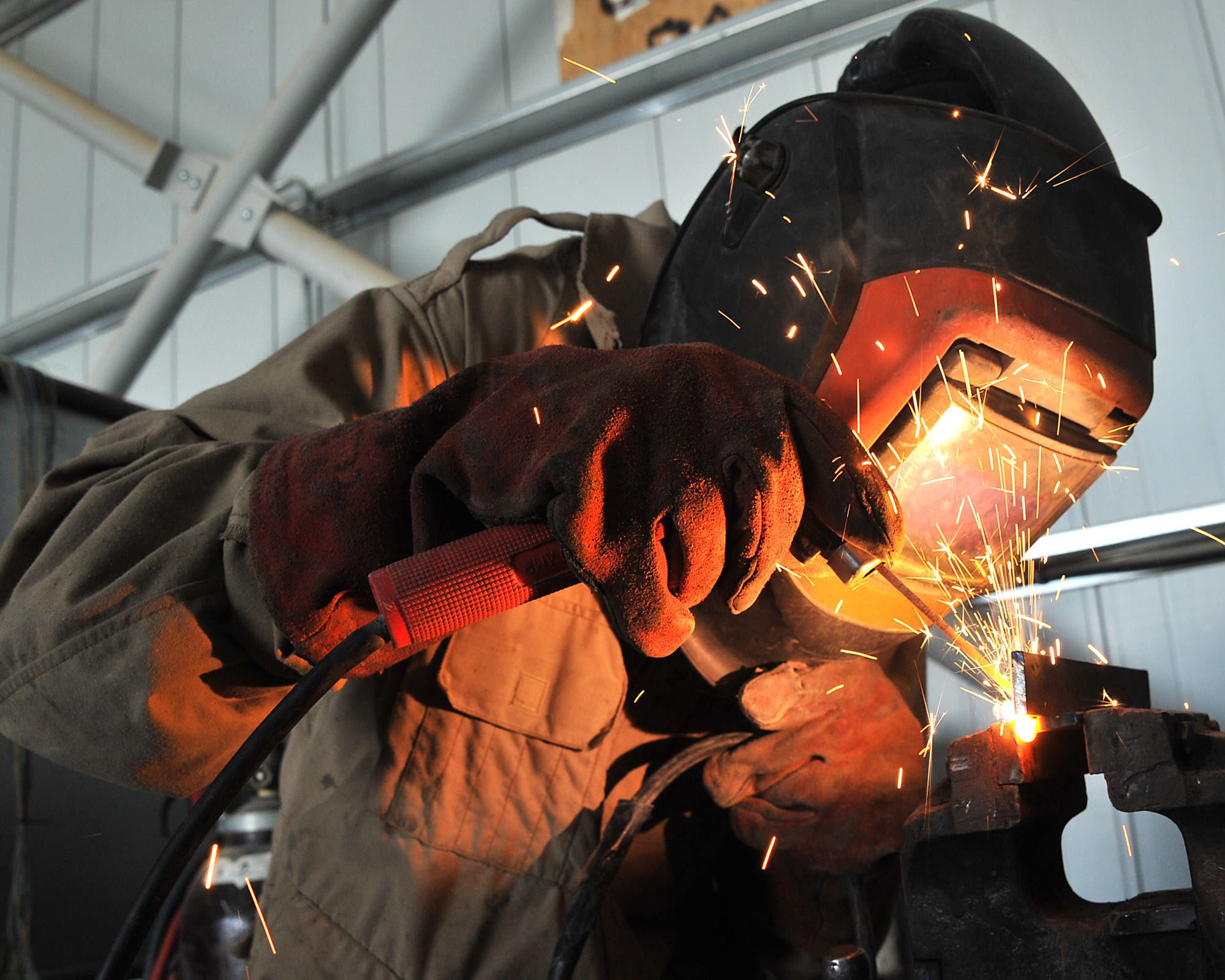
It is not just the large shipyards that are affected by uncertainty in the pipeline. Small and medium-sized enterprises (SMEs) offer a crucial role in many supply chains for the sector.
However, Ministry of Defence spending for Scottish SMEs is just 2.5%, well below the national average. We therefore call on ministers to update the Committee on what proportion of its spending is with Scottish SMEs and to level the playing field with defence SMEs throughout the UK.
"We have mentioned a few times the importance of avoiding what I called boom-and-bust contracting. There are inherent inefficiencies in ordering a batch of ships and then not ordering anything for four, five or six years. It is hard to retain workforces. It is hard to update skills. That sort of stable programme is really important."
A number of contributors to our inquiry emphasised that:
- shipbuilding requires a highly skilled and specialised workforce
- the industry is facing skills challenges
- much of the UK’s industry knowledge is based in Scotland
A more holistic view is needed to address any future skills gaps. The creation of the UK Shipbuilding Skills Taskforce is a welcome development, but given Scotland’s importance to UK shipbuilding and the devolved nature of skills policy in Scotland, the Taskforce must look at how it can encourage cooperation between the UK and Scottish Governments.
"The devolved nature of the work involved means that co-ordination and collaboration, working together on these things, is desperately important."
What happens now?
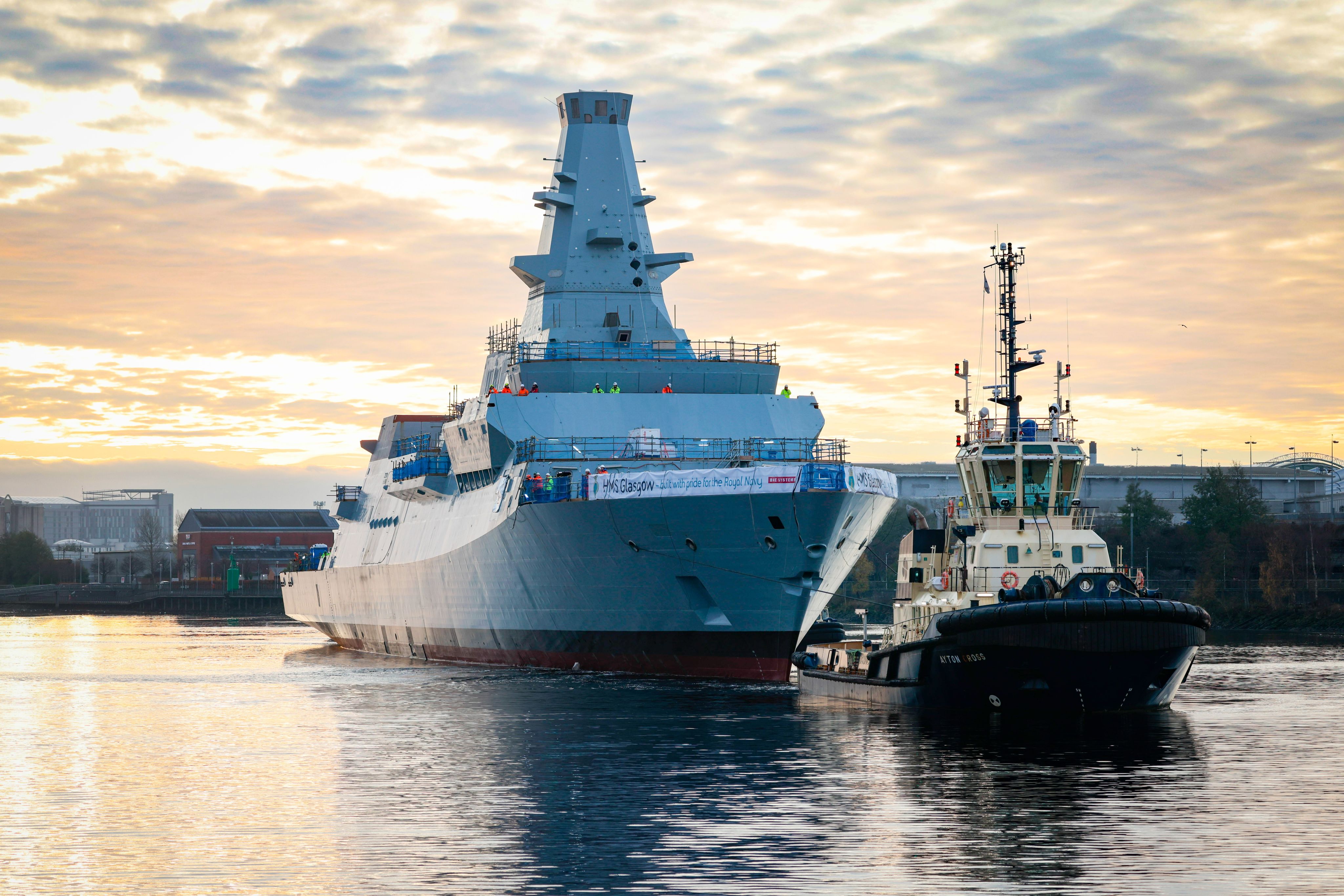
The Government must now respond to our report
Our report, 'Defence in Scotland: military shipbuilding', was published on 26 January 2023.
Detailed information from our inquiry can be found on our website.
If you’re interested in our work, you can find out more on the House of Commons Scottish Affairs Committee website. You can also follow our work on Twitter.
The Scottish Affairs Committee works together to scrutinise the spending, administration and policies of the Scotland Office, and its associated bodies. We also examine the wider UK Government, to assess policies and legislation that lead to direct impacts on Scotland.
Before you go...

Cover image credit: Ministry of Defence
